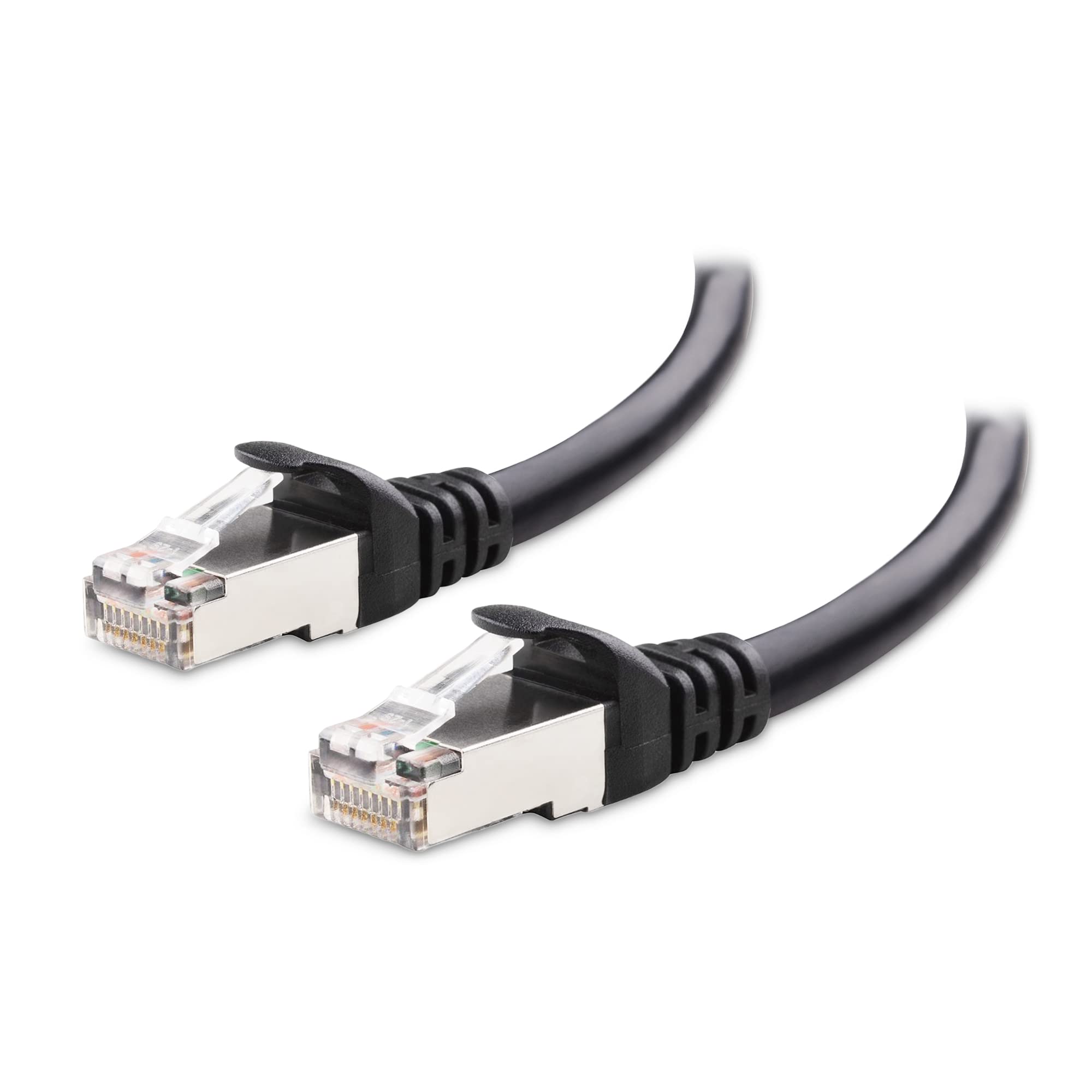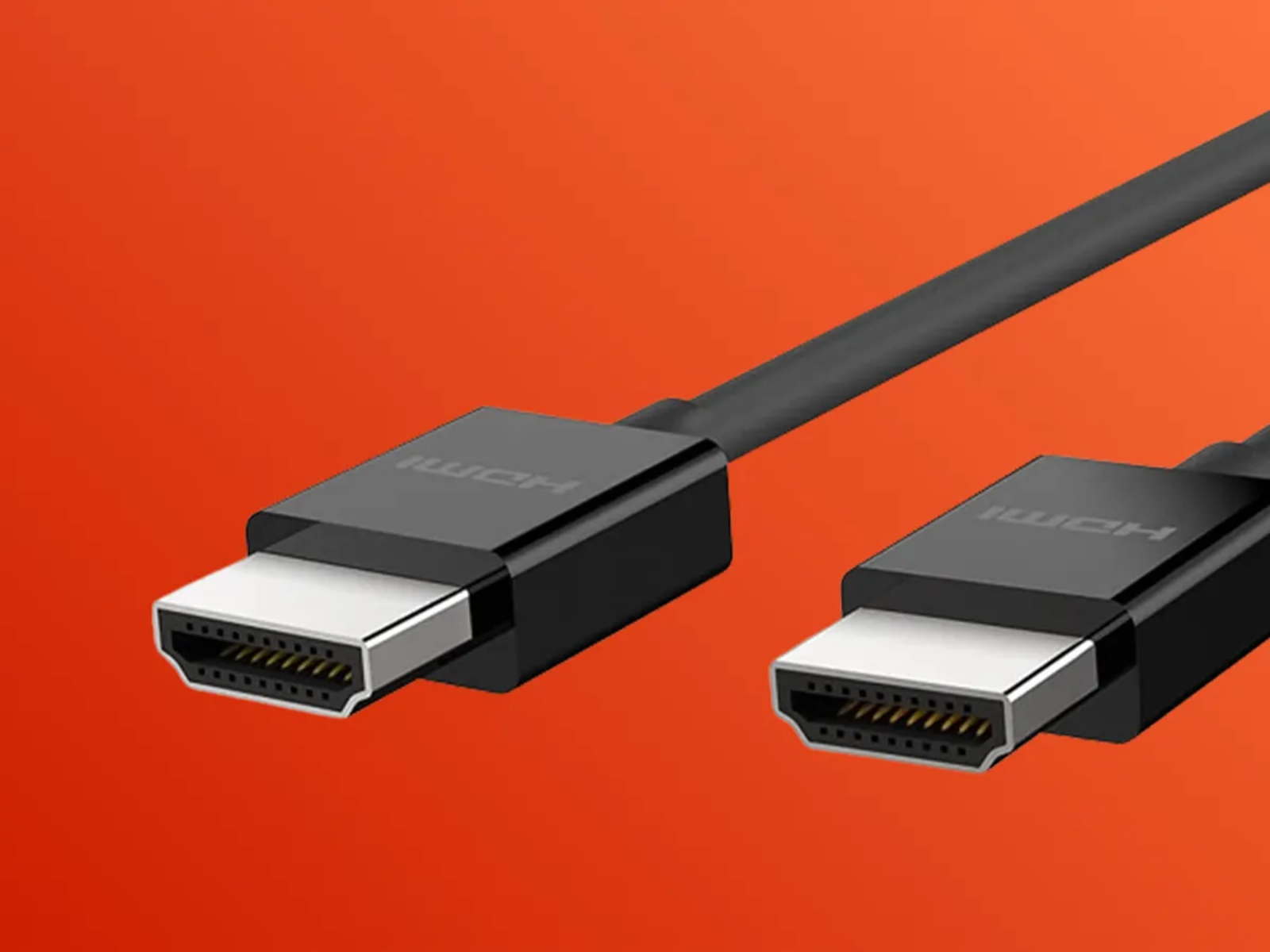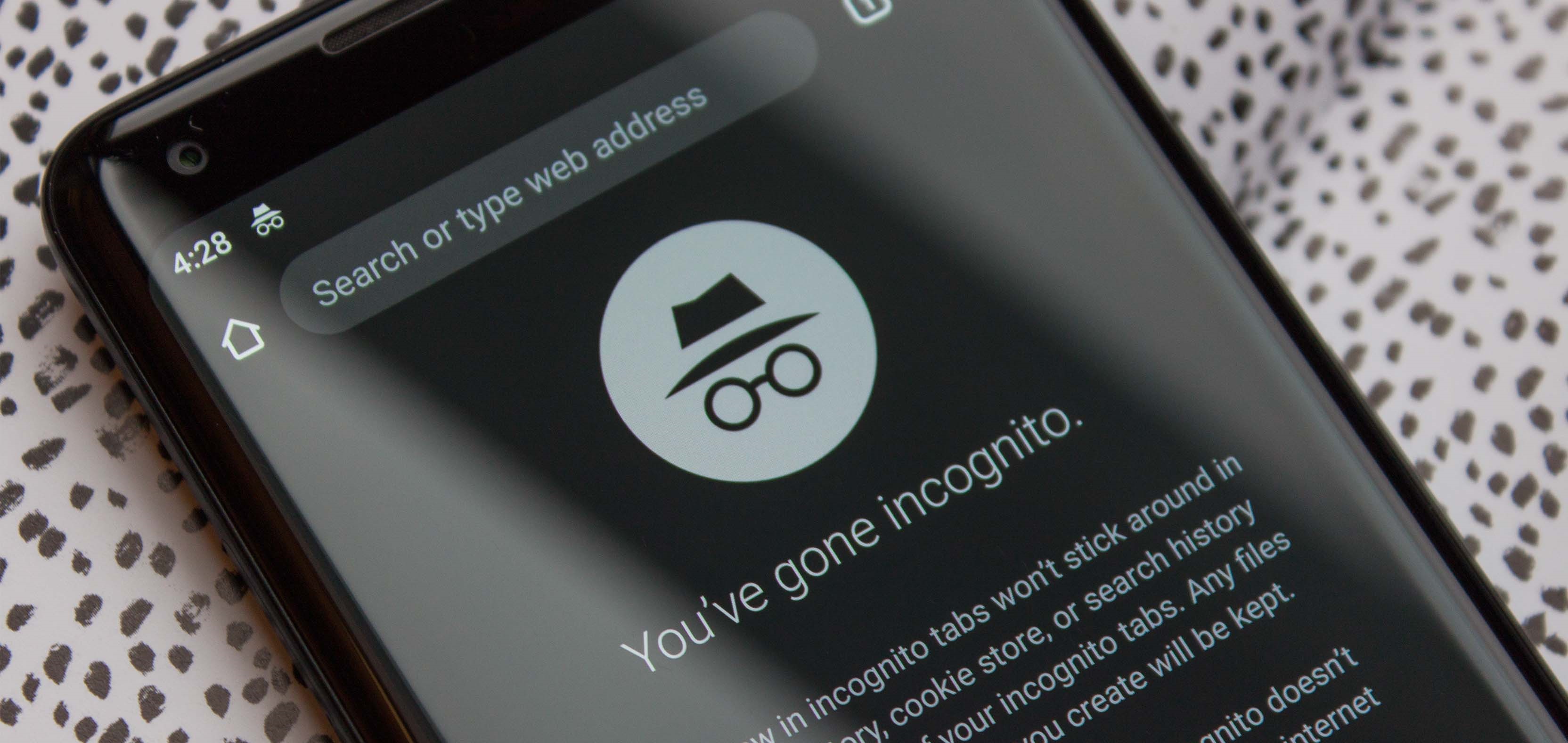Introduction
Hotspot Shield is a popular virtual private network (VPN) service that claims to provide users with a secure, private, and unrestricted online experience. With the increasing concerns about online privacy and security, many individuals turn to VPNs like Hotspot Shield to safeguard their digital activities. However, amidst the widespread acclaim, there are also misconceptions and uncertainties surrounding the true capabilities of this VPN. In this article, we will delve into the myths and realities of Hotspot Shield, shedding light on the actual functionalities and limitations of this widely used VPN service.
As we navigate through the realms of online privacy and security, it's crucial to distinguish between the perceived benefits and the actual capabilities of Hotspot Shield. By debunking common myths and uncovering the realities, we aim to provide readers with a comprehensive understanding of what Hotspot Shield truly offers. Whether you're a seasoned user or someone considering using a VPN for the first time, this exploration of Hotspot Shield's myths and realities will equip you with valuable insights to make informed decisions about your online privacy and security. Let's embark on this journey to unravel the truths behind Hotspot Shield and empower ourselves with knowledge that transcends the surface perceptions.
Myth: Hotspot Shield provides complete anonymity
Hotspot Shield is often perceived as a shield that renders users completely anonymous while traversing the digital landscape. The allure of anonymity is undoubtedly appealing, especially in an era where online privacy is increasingly threatened. However, the reality behind Hotspot Shield's anonymity claims is more nuanced than commonly believed.
While Hotspot Shield does encrypt users' internet traffic and mask their IP addresses, it's essential to recognize that complete anonymity is a complex and multifaceted concept. The notion of absolute anonymity implies that one's online activities, identity, and personal information are entirely untraceable and indistinguishable. However, Hotspot Shield, like many VPN services, does not offer foolproof anonymity.
When using Hotspot Shield, your internet service provider (ISP) and even the VPN provider itself can potentially track certain aspects of your online behavior. It's crucial to understand that while your IP address may be concealed, your VPN provider still has access to your original IP address and can potentially monitor your browsing activities. Additionally, Hotspot Shield's privacy policy outlines instances where it may collect user data, including your IP address, approximate location, and device-specific information.
Furthermore, the concept of complete anonymity extends beyond the technical functionalities of a VPN. It encompasses behavioral patterns, browsing habits, and the potential correlation of various online activities. Even with a VPN like Hotspot Shield, certain online behaviors can inadvertently unveil aspects of your digital identity, challenging the notion of absolute anonymity.
In essence, while Hotspot Shield offers a layer of privacy and obfuscation, it's essential to approach the concept of anonymity with a realistic perspective. Understanding the limitations of VPN services in providing complete anonymity empowers users to make informed decisions about their digital privacy and security.
By unraveling the myth of Hotspot Shield's complete anonymity, we gain a deeper understanding of the complexities involved in safeguarding our online identities. This insight enables us to navigate the digital realm with a heightened awareness of the true scope of anonymity offered by VPN services like Hotspot Shield.
Reality: Hotspot Shield can still track your online activities
Contrary to the widespread belief in the impenetrable cloak of anonymity provided by Hotspot Shield, the reality is that the VPN service has the potential to track certain aspects of your online activities. While VPNs are commonly associated with the promise of complete privacy and untraceability, it's crucial to acknowledge the inherent complexities and limitations in achieving absolute anonymity.
Hotspot Shield's ability to track online activities stems from various factors, including its own privacy policies and the inherent nature of VPN technology. Despite the encryption and IP masking that VPNs offer, Hotspot Shield, as a service provider, possesses the technical capability to monitor and log users' internet traffic. This means that while your IP address may be concealed from external entities, Hotspot Shield retains the ability to track the websites you visit, the duration of your online sessions, and potentially other metadata associated with your browsing behavior.
Furthermore, Hotspot Shield's privacy policy explicitly outlines the collection of certain user data, such as IP addresses, approximate geographical locations, and device-specific information. This indicates that while the primary function of a VPN is to safeguard user privacy, the service provider still has access to a certain level of user data that can be utilized for operational and analytical purposes.
It's important to note that the ability of Hotspot Shield to track online activities does not necessarily imply malicious intent. The collection of user data by VPN providers is often governed by legitimate operational needs and is intended to enhance service quality and optimize user experiences. However, this reality underscores the need for users to critically evaluate the extent of privacy and anonymity offered by VPN services and to make informed decisions based on a comprehensive understanding of the inherent capabilities and limitations.
By acknowledging the reality that Hotspot Shield can still track certain aspects of online activities, users are empowered to approach VPN usage with a balanced perspective. Understanding the intricacies of VPN functionalities and the associated privacy policies allows individuals to navigate the digital landscape with heightened awareness and informed discretion, ultimately contributing to a more nuanced understanding of online privacy and security.
Myth: Hotspot Shield offers unlimited bandwidth
The notion that Hotspot Shield provides unlimited bandwidth has been a prevalent misconception among users seeking a VPN service that seemingly offers boundless data usage without constraints. The allure of unlimited bandwidth is undeniably appealing, especially for individuals who engage in data-intensive online activities such as streaming high-definition content, gaming, or large file downloads. However, the reality behind Hotspot Shield's bandwidth offerings unveils a more nuanced landscape that challenges the myth of boundless data access.
In reality, Hotspot Shield, like many VPN services, may impose limitations on bandwidth usage, albeit not always explicitly communicated in promotional materials or user interfaces. While the exact nature and extent of these limitations can vary based on factors such as subscription plans and regional considerations, it's essential for users to recognize that the concept of unlimited bandwidth within the context of VPN services may not align with their expectations.
The potential for bandwidth limitations within Hotspot Shield's service framework stems from operational considerations, network infrastructure, and the inherent technical constraints associated with data transmission. VPN providers often face practical constraints in delivering truly unlimited bandwidth to every user, given the complexities of managing network resources, ensuring service stability, and mitigating potential abuse or misuse of data privileges.
Additionally, the practicality of offering unlimited bandwidth within the context of VPN services intersects with the broader dynamics of internet service provision, network capacity, and the associated costs and resource allocations. While VPN providers strive to deliver optimal user experiences, the imposition of bandwidth limitations may be a necessary measure to maintain service quality, uphold network integrity, and manage the equitable distribution of resources among users.
By dispelling the myth of Hotspot Shield's unlimited bandwidth, users gain a more comprehensive understanding of the nuanced dynamics that underpin VPN service offerings. This insight empowers individuals to approach their VPN usage with a realistic perspective, enabling informed decisions that align with their specific data consumption needs and expectations. Ultimately, the recognition of potential bandwidth limitations within Hotspot Shield's service framework contributes to a more informed and discerning approach to leveraging VPN technology for enhanced online privacy and security.
Reality: Hotspot Shield may have limitations on bandwidth
The widely perpetuated belief in the boundless nature of Hotspot Shield's bandwidth offerings is met with the reality that the VPN service may indeed impose limitations on data usage. While the allure of unlimited bandwidth has been a driving factor for many users seeking VPN services, it's essential to unravel the complexities and practical considerations that underpin the actual bandwidth provisions within Hotspot Shield's service framework.
The potential for Hotspot Shield to enforce bandwidth limitations stems from a confluence of operational, technical, and resource-related factors that shape the dynamics of VPN service delivery. From a technical standpoint, the efficient and equitable allocation of network resources is essential for ensuring a stable and responsive user experience. However, the inherent constraints of data transmission, network capacity, and the need to mitigate potential misuse or abuse of data privileges necessitate a pragmatic approach to managing bandwidth allocation.
Furthermore, the imposition of bandwidth limitations within Hotspot Shield's service model intersects with broader considerations related to network infrastructure, service stability, and the equitable distribution of resources among users. VPN providers, including Hotspot Shield, must navigate the intricate balance between optimizing user experiences and maintaining the integrity and sustainability of their network resources. As a result, bandwidth limitations may be a strategic necessity to uphold service quality, manage network congestion, and ensure fair resource allocation across diverse user demographics.
It's important for users to recognize that the notion of unlimited bandwidth within the context of VPN services often entails practical considerations and operational constraints that shape the actual data usage provisions. While Hotspot Shield endeavors to provide an optimal user experience, the potential for bandwidth limitations underscores the need for individuals to approach their VPN usage with a nuanced understanding of the underlying service dynamics.
By shedding light on the reality that Hotspot Shield may have limitations on bandwidth, users are empowered to make informed decisions that align with their specific data consumption needs and expectations. This insight fosters a more discerning and pragmatic approach to leveraging VPN technology, enabling individuals to navigate the digital landscape with a comprehensive understanding of the bandwidth dynamics inherent within Hotspot Shield's service framework.
Myth: Hotspot Shield is completely secure
The pervasive myth surrounding Hotspot Shield as a VPN service that offers complete security has been a prevailing notion among users seeking to fortify their online privacy and safeguard their digital interactions. The allure of comprehensive security, especially in the context of navigating the inherently vulnerable terrain of the internet, has positioned Hotspot Shield as a bastion of impregnable protection. However, the reality behind the perceived infallibility of Hotspot Shield's security warrants a closer examination to dispel misconceptions and foster a more informed understanding of its actual security landscape.
While Hotspot Shield is designed to encrypt users' internet traffic, mask their IP addresses, and create a secure tunnel for data transmission, the concept of complete security within the realm of VPN services is inherently multifaceted and dynamic. The notion of absolute security implies an impenetrable shield that shields users from all potential threats, vulnerabilities, and privacy breaches. However, the reality of Hotspot Shield's security posture is far more nuanced, encompassing a spectrum of protective measures, operational considerations, and potential vulnerabilities.
Hotspot Shield's security architecture, like that of any VPN service, is subject to a myriad of factors that can influence its overall robustness. These factors include the intricacies of encryption protocols, the management of user data, the integrity of network infrastructure, and the potential susceptibility to emerging security threats. While Hotspot Shield strives to fortify its service against vulnerabilities and exploits, the evolving nature of cybersecurity necessitates a continuous and adaptive approach to maintaining robust security measures.
It's essential for users to recognize that the concept of complete security within the context of Hotspot Shield, or any VPN service, intersects with the broader dynamics of cybersecurity, privacy regulations, and the evolving threat landscape. While Hotspot Shield endeavors to provide a secure digital environment for its users, the multifaceted nature of cybersecurity underscores the need for a comprehensive understanding of the inherent complexities and limitations in achieving absolute security within the digital realm.
By unraveling the myth of Hotspot Shield's complete security, users gain a deeper appreciation for the intricate dynamics that underpin the VPN service's security provisions. This insight empowers individuals to approach their utilization of Hotspot Shield with a balanced understanding of the actual security landscape, fostering informed decisions and a heightened awareness of the evolving cybersecurity landscape.
Reality: Hotspot Shield may have security vulnerabilities
Amidst the prevalent myth of Hotspot Shield's infallible security posture, the reality unveils a more nuanced landscape that encompasses the potential existence of security vulnerabilities within the VPN service. While Hotspot Shield is engineered to fortify users' digital interactions and shield their online activities from prying eyes, the multifaceted nature of cybersecurity necessitates a critical examination of its inherent security provisions.
The potential for security vulnerabilities within Hotspot Shield's framework stems from a confluence of factors, including the intricacies of encryption protocols, the management of user data, and the dynamic threat landscape that continually evolves in the realm of cybersecurity. Despite the diligent efforts of VPN providers to fortify their services against potential exploits, the complex interplay of technical, operational, and regulatory considerations can render VPN services susceptible to security vulnerabilities.
Encryption, a cornerstone of VPN security, is subject to ongoing advancements and potential vulnerabilities that can undermine the integrity of data protection measures. The implementation and management of encryption protocols within Hotspot Shield's infrastructure require meticulous attention to detail and continuous vigilance to mitigate potential vulnerabilities that could compromise the confidentiality and integrity of users' data.
Furthermore, the management of user data within the purview of VPN services introduces potential points of exposure that could be exploited by malicious actors. Hotspot Shield's handling of user information, including data logging practices and the storage of sensitive user data, necessitates robust safeguards to mitigate the risk of data breaches and unauthorized access.
In the dynamic landscape of cybersecurity, emerging threats and evolving attack vectors pose ongoing challenges to the security resilience of VPN services. The potential susceptibility of Hotspot Shield to newly identified vulnerabilities underscores the need for a proactive and adaptive approach to security maintenance, encompassing rigorous vulnerability assessments, prompt patch management, and proactive threat intelligence measures.
By acknowledging the reality that Hotspot Shield may have security vulnerabilities, users are empowered to approach their utilization of the VPN service with a comprehensive understanding of the inherent complexities and potential limitations in achieving absolute security. This insight fosters a vigilant and discerning approach to leveraging VPN technology, enabling individuals to navigate the digital landscape with heightened awareness of the evolving cybersecurity landscape.
Conclusion
In conclusion, the exploration of Hotspot Shield's myths and realities illuminates the intricate dynamics that underpin the widely acclaimed VPN service. By debunking prevalent misconceptions and shedding light on the nuanced realities, users are equipped with a comprehensive understanding of Hotspot Shield's capabilities, limitations, and the multifaceted landscape of online privacy and security.
The journey through Hotspot Shield's myths and realities has unveiled the complexities inherent in achieving complete anonymity within the realm of VPN services. While Hotspot Shield offers a layer of privacy and obfuscation, the nuanced realities underscore the need for a realistic perspective on the concept of anonymity. Understanding the limitations of VPN services in providing absolute anonymity empowers users to make informed decisions about their digital privacy and security.
Furthermore, the exploration of Hotspot Shield's bandwidth provisions has dispelled the myth of unlimited data access, revealing the practical considerations and operational constraints that shape the actual data usage dynamics within the VPN service. This insight fosters a more discerning and pragmatic approach to leveraging VPN technology, enabling individuals to navigate the digital landscape with a comprehensive understanding of bandwidth limitations.
The examination of Hotspot Shield's security posture has provided valuable insights into the multifaceted nature of cybersecurity and the potential existence of vulnerabilities within the VPN service. By unraveling the myth of complete security, users gain a deeper appreciation for the intricate dynamics that underpin the VPN service's security provisions, fostering informed decisions and a heightened awareness of the evolving cybersecurity landscape.
Ultimately, the exploration of Hotspot Shield's myths and realities transcends the surface perceptions, empowering users to navigate the digital realm with heightened awareness, informed discretion, and a nuanced understanding of online privacy and security. By embracing a balanced perspective on Hotspot Shield's capabilities and limitations, individuals can leverage VPN technology as a valuable tool in fortifying their digital interactions while navigating the complexities of the modern digital landscape.

























